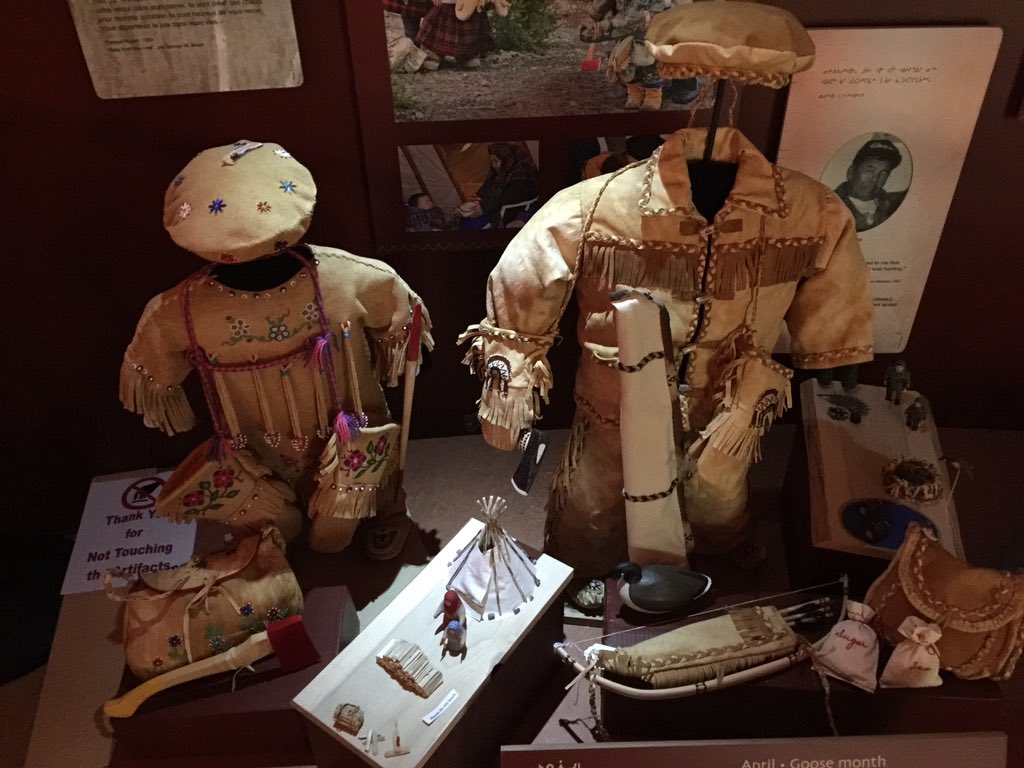17th November 2015 Montreal, Canada
Plan Nord: sustainable development in action
Inspiring, fascinating, stunning, challenging, desolate – just some of the adjectives that my trip to the far North of Quebec conjured up. The visit was my first to the region and was organised for the diplomatic corps by Quebec’s Ministry for International Relations, hosted by the foreign minister Christine St. Pierre.
The destination for our Air Inuit plane: Grande Rivière in the Baie James area of central Quebec, before we headed onto Donaldson, at the northernmost point of the province. Earlier this year the Quebec government re-launched the Plan Nord. This is a plan to develop the remote, resource-rich north of the province in a way that is both environmentally sustainable and respects the rights of the region’s First Nations peoples. They organised the visit to promote the plan and the opportunities it offers.
The potential is clear. Most of Quebec’s hydro-electric power comes from the area, which in turn provides 98% of the province’s energy. This is a testament to the inspiring vision of those who mapped out and built the network of dams that criss-cross the waterways there and the power lines that then carry the electricity to the main population centres to the South. No mean feat, given how isolated they are and the extreme cold of the winter months, and much of the development was done back in the 1970s. Despite the development, the stunning wilderness of Baie James has been preserved.

With the Paris conference on Climate Change fast approaching at the end of this month, I can think of few better examples of a clean energy economy. And there is potential to further develop the export market for the electricity to the US market. Demand is also likely to increase within Quebec, with the provincial government investing C$420m to support the electrification of transport.
This move offers opportunities for UK companies. Technological exchange already exists between Hydro Quebec and the UK’s National Grid. Then there are the mineral resources. Nickel, cobalt, iron ore and graphite are just some of the substantial deposits that lie under the ground. There are already large mining operations, as demonstrated by the nickel mine we visited at Raglan, in the desolate area around Donaldson (near Salluit). But the Quebec government is keen to encourage further investment and development, including in the infrastructure needed to transport the minerals to refineries and onto market. UK companies have already invested in the province, with Rio Tinto Alcan headquartered in Montreal.

Some question the viability of further investment at the moment, with low commodity prices. But Premier Couillard and his government insist that now is the time to initiate long-term investments to prepare for an upturn in the market cycle. To encourage this, the government has set up a $1.2bn fund to support investment.
A fascinating theme of the visit was how First Nation communities are at the centre of development. This is not new. The Baie James agreement 40 years ago was instrumental in ensuring this is the case in Quebec, and the Quebec Minister for First Nations issues, Geoff Kelley, is adamant it should remain so. The impact of the Baie James approach is clear at the Raglan mine. The local Innuit communities make up over 20% of the workforce, receive a share of the profits as well as training and development assistance. Similarly the Cree community we visited at Chisasibi in Baie James urged early consultation and a collaborative approach to any project. But they also stressed that they are not against economic development; in fact quite the opposite. They want to help create good jobs to support their future generations.

For me the visit brought back memories of my work on Corporate Social Responsibility, where the balance between economic development and the respect for the environment and local people’s rights was central. The reality is that we need all three. It can be done, as Quebec shows. That’s not to say that everything is perfect.
Often it is the people living in the most challenging environments who are the best placed to provide early warning signals. The Inuit communities around Raglan already start their annual hunting season two weeks earlier because of warmer temperatures. We all need to listen, particularly those assembling in Paris for the climate change conference later this month.